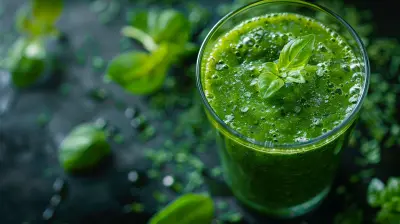Nutritional Strategies for Marathon Runners
16 October 2025
Running a marathon is no small feat—it’s a test of endurance, strength, and mental toughness. But beyond the training miles, one major factor can make or break your race: nutrition. The food you eat before, during, and after a marathon plays a crucial role in your performance and recovery.
So, what should you be eating to fuel your body for 26.2 miles? Let’s dive into the best nutritional strategies for marathon runners! 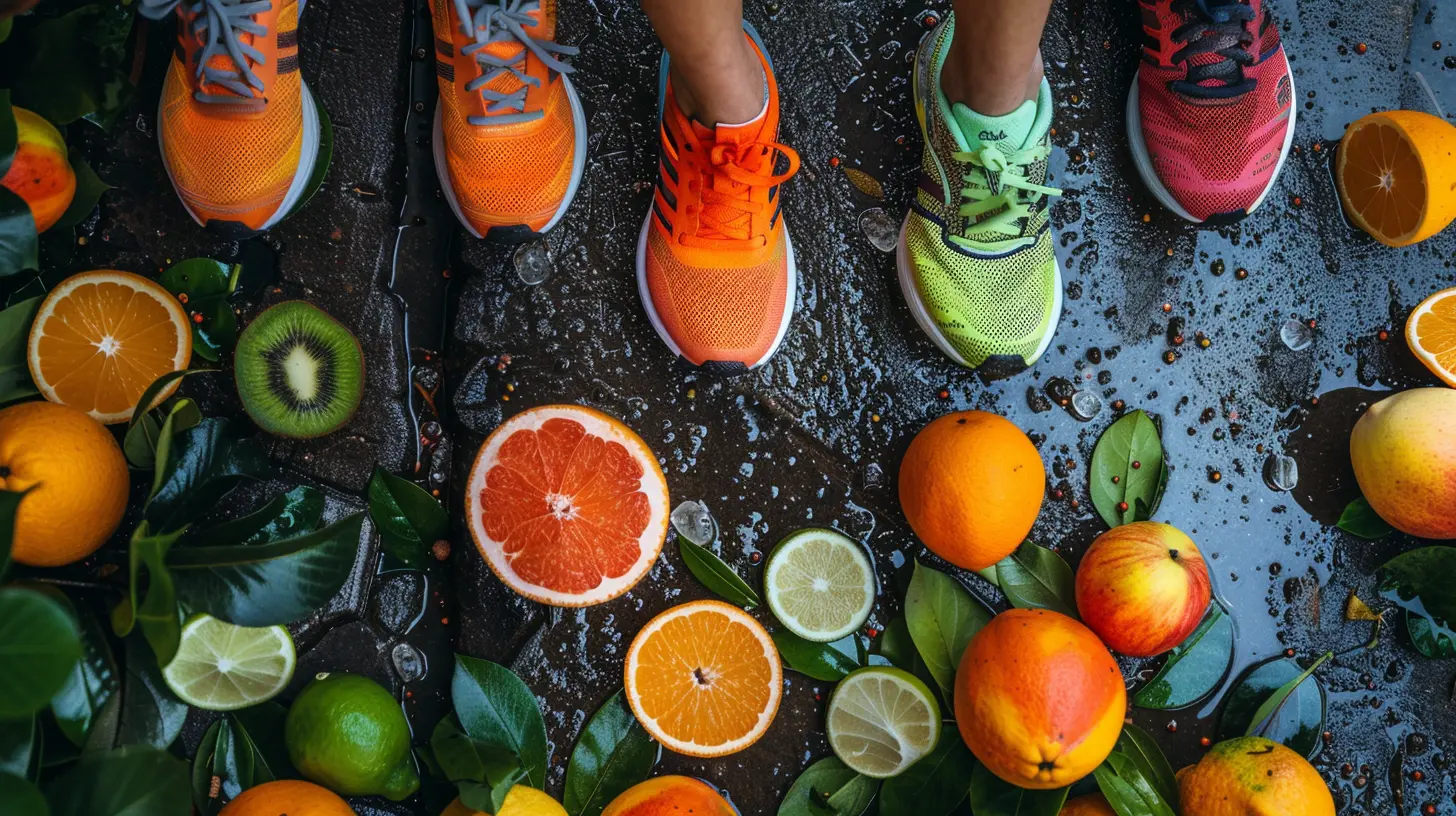
Why Nutrition Matters for Marathon Runners
Imagine your body like a high-performance car. You wouldn’t expect it to run smoothly without the right fuel, right? The same goes for marathon running. Your body requires a balanced mix of macronutrients (carbs, proteins, and fats) to perform at its best.Poor nutrition can lead to fatigue, muscle cramps, and hitting the dreaded "wall." But with the right diet, you can maximize energy levels, improve stamina, and recover faster post-run. 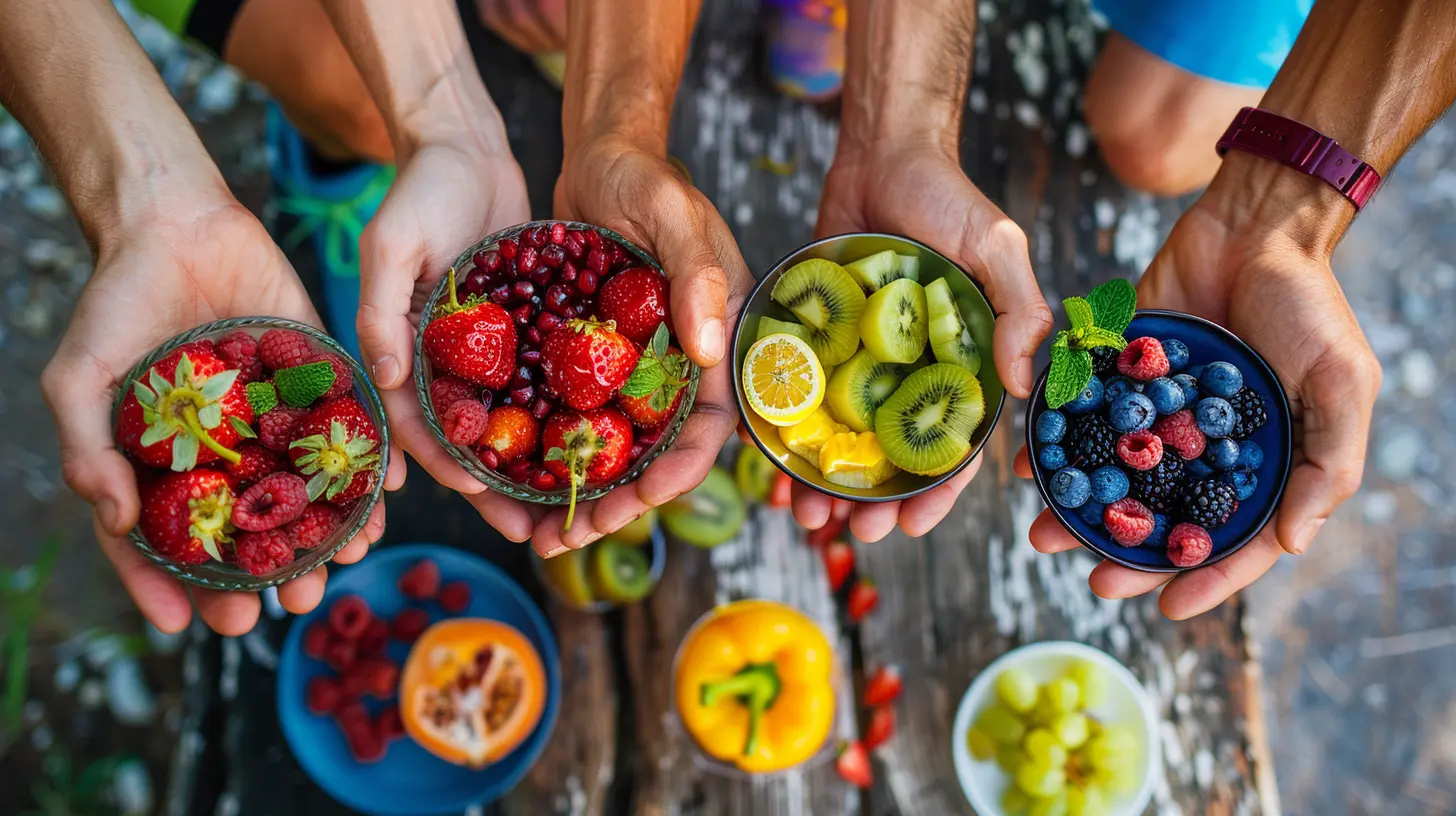
Macronutrients: The Key Players in Marathon Nutrition
To run strong, you need the right balance of macronutrients. Here's what each one does for your performance:Carbohydrates: The Primary Fuel Source
Carbs are the king of marathon nutrition. They provide glucose, which your body stores as glycogen in your muscles and liver. When you're running long distances, your body taps into these glycogen reserves for energy.Best Carb Sources for Runners:
- Whole grains (brown rice, quinoa, whole wheat bread)
- Fruits (bananas, berries, oranges)
- Starchy vegetables (sweet potatoes, beets)
- Legumes (lentils, black beans)
How Much?
Marathon runners should aim for 55-65% of their daily calories from carbohydrates. This ensures your glycogen stores are topped up before race day.
Proteins: Essential for Muscle Repair
Protein isn’t a primary energy source during a marathon, but it plays a crucial role in muscle recovery. Long runs break down muscle fibers, and protein helps repair and strengthen them.Best Protein Sources for Runners:
- Lean meats (chicken, fish, turkey)
- Eggs
- Dairy (Greek yogurt, cottage cheese)
- Plant-based proteins (tofu, tempeh, nuts, seeds)
How Much?
Aim for about 1.2-2.0 grams of protein per kilogram of body weight per day, depending on your training intensity.
Fats: The Long-Lasting Energy Source
Healthy fats provide a slow-burning energy source, which becomes crucial as your glycogen stores deplete during longer runs.Best Fat Sources for Runners:
- Avocados
- Nuts and seeds
- Olive oil
- Fatty fish (salmon, sardines)
How Much?
Fats should make up around 20-30% of your daily calorie intake. Opt for unsaturated fats to support heart health and energy levels. 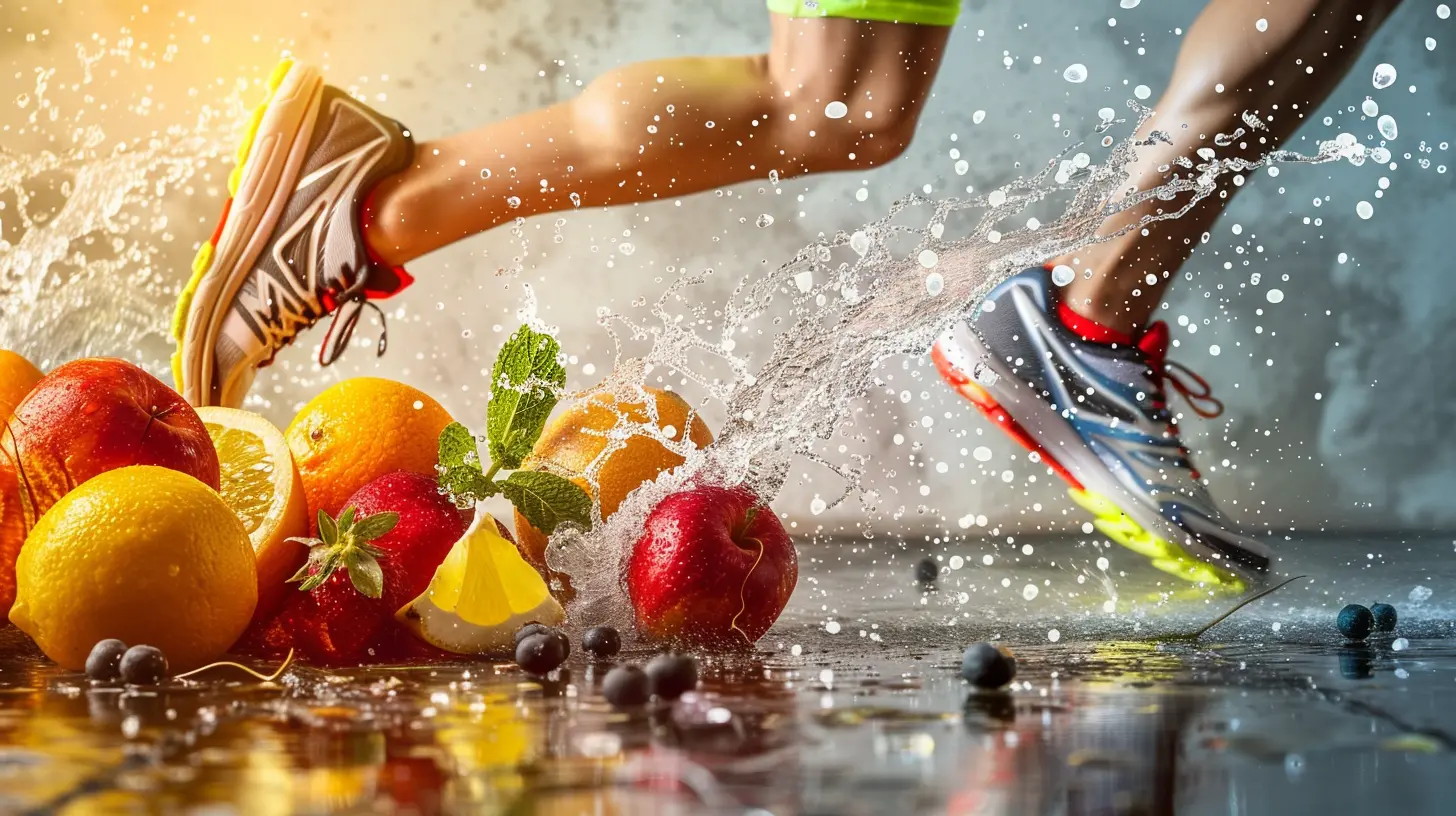
Hydration: Your Secret Weapon
Dehydration can lead to fatigue, dizziness, and cramping—none of which you want during a marathon!How Much Water Should You Drink?
- Daily Intake: About 2-3 liters per day- During Training Runs: Sip water regularly and consider electrolyte drinks for longer runs
- On Race Day: Start hydrating the night before and drink small amounts throughout the race
Electrolytes Matter Too!
Electrolytes like sodium, potassium, and magnesium regulate muscle function and prevent cramping. Coconut water, sports drinks, or electrolyte tablets can help replenish lost minerals. 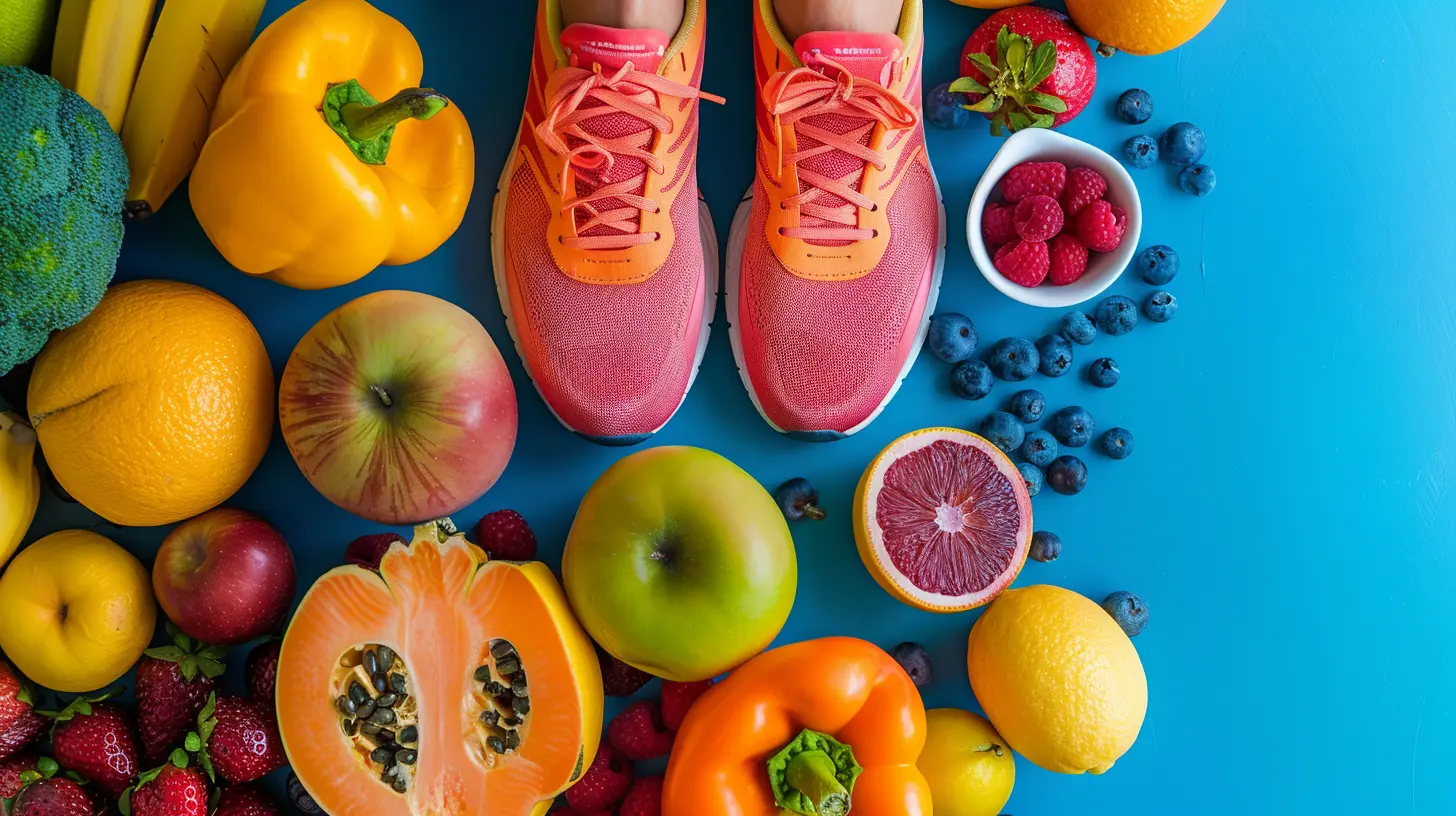
Pre-Race Nutrition: Fueling Up for the Big Day
The food you eat in the days leading up to a marathon can make all the difference.Carb Loading: Does It Really Work?
Yes! Carb loading helps maximize glycogen stores, giving you extra energy on race day. Start increasing carb intake 2-3 days before the marathon, but don’t overdo it! Focus on complex carbs and avoid excessive fiber to prevent digestive issues.Race Morning Meal
Your pre-race breakfast should be high in carbs, moderate in protein, and low in fat. Aim to eat 2-3 hours before the start to allow proper digestion.Good Pre-Race Breakfast Ideas:
- Oatmeal with banana and honey
- Whole wheat toast with peanut butter
- A smoothie with yogurt, berries, and granola
Don’t forget to drink a glass of water with your meal!
Fueling During the Marathon
Running for hours means you need to refuel along the way. Your body burns through glycogen stores quickly, so mid-race nutrition is essential.Best Mid-Race Fuel Options:
- Energy gels- Sports drinks
- Bananas
- Chews or gummies
- Small handfuls of pretzels or raisins
A good rule of thumb: Aim for 30-60g of carbs per hour during the race. Sip on an electrolyte drink or water throughout to stay hydrated.
Post-Race Recovery Nutrition
Congratulations, you finished the marathon! Now it’s time to focus on recovery.The Magic 30-Minute Window
After a long run, your muscles are depleted of glycogen and need replenishment fast. Eating within 30 minutes post-race can speed up recovery.Best Post-Run Foods:
- Chocolate milk (perfect balance of carbs and protein)
- Protein smoothie with banana and almond butter
- Whole grain toast with eggs and avocado
Hydrate and Replenish Electrolytes
Water alone won’t do the trick—electrolyte-rich drinks help restore balance after excessive sweating. Coconut water, sports drinks, or adding a pinch of salt to your water can help.Supplements for Marathon Runners: Are They Necessary?
While a well-balanced diet covers most of your nutritional needs, some supplements can help enhance performance and recovery.Common Supplements for Runners:
- BCAAs (Branched-Chain Amino Acids): Helps with muscle recovery- Electrolyte Tablets: Replenishes lost minerals during long runs
- Iron & Vitamin D: Important for endurance athletes, especially those prone to fatigue
- Omega-3 Fatty Acids: Reduces inflammation and aids recovery
Final Thoughts: Eat Smart, Run Strong
Nutrition is just as important as the miles you log. A well-balanced diet rich in carbs, proteins, healthy fats, and proper hydration can set you up for marathon success.Remember, every runner is different—experiment with different foods and fueling strategies to see what works best for your body. Train smart, eat well, and run strong!
all images in this post were generated using AI tools
Category:
Sports NutritionAuthor:

Madeline Howard
Discussion
rate this article
1 comments
Heather Vaughn
Fuel wisely, and your miles will shine!
October 25, 2025 at 3:53 AM

Madeline Howard
Absolutely! Fueling wisely is key to optimizing performance and endurance during a marathon. Thank you for the insight!

